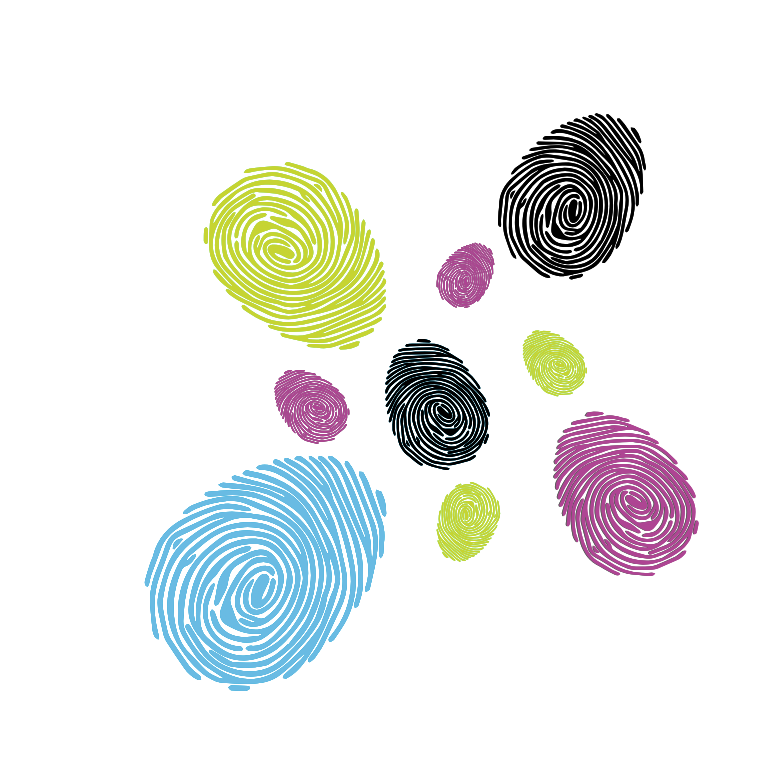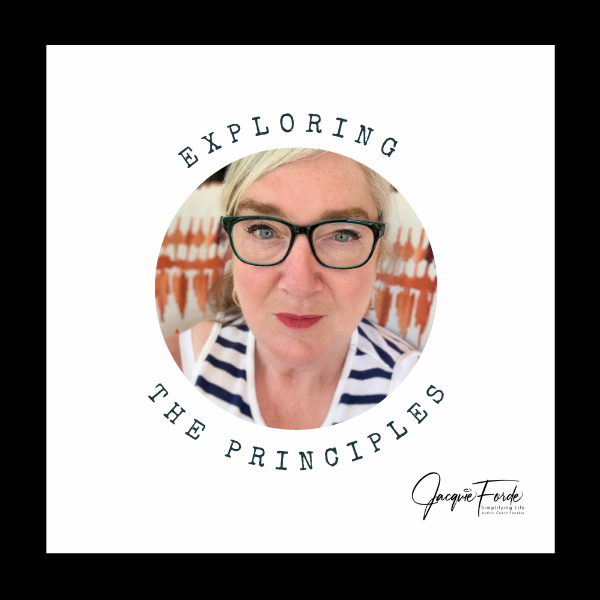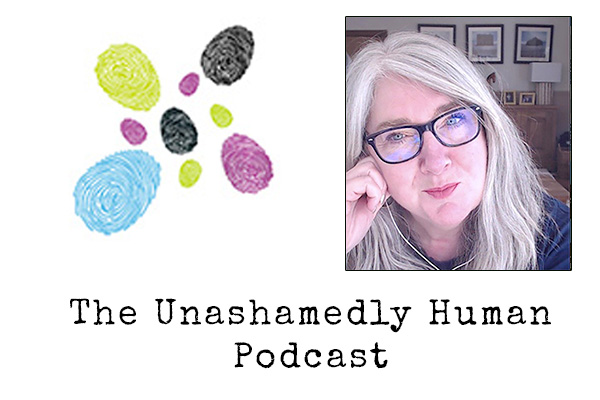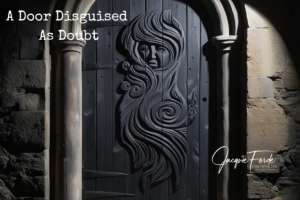The Tender Space
This blog and podcast came about after discussing with one of my daughters how it is possible to feel both love and resentment about a very challenging situation we find ourselves in.
There’s a quiet place in the heart that we don’t often talk about—a space where love and resentment sit side by side. It’s not a place we like to visit, let alone admit exists, because it feels like we’re betraying something sacred. How can you love someone so deeply and still feel the sting of hurt? How can you carry warmth and bitterness in the same breath?
But you can. And you do.
Love isn’t always soft and uncomplicated. Sometimes it’s tangled, knotted with moments that didn’t go the way we needed them to. And resentment isn’t always loud and angry. Sometimes it’s just a quiet ache, a lingering sadness tucked into the corners of your heart.
Think about family—the very first place most of us learn about love. Maybe you adore your mother. Maybe you carry her laugh in your bones, her wisdom stitched into the fabric of who you are. And yet, maybe there’s a part of you that resents her too. Maybe you resent the way she seemed more present for your siblings, or how she never quite knew how to hold your emotions without trying to fix them. You love her fiercely, but there’s a thread of grief woven into that love—a mourning for what you needed and didn’t receive.
Or maybe it’s your father. The man who worked tirelessly to provide, who showed his love through actions more than words. You respect him, you’re grateful for him, but there’s a hollow space where connection should have lived. You resent the emotional distance, the conversations that never happened, the tenderness you craved but never found. And yet, you’d still move mountains for him.
In the workplace, this duality shows up too. Perhaps you had a mentor who believed in you when no one else did, someone who opened doors and helped shape your career. You admire them, you’re thankful—but there’s also resentment tucked beneath the gratitude. Resentment for the times they overlooked your ideas in meetings, for the subtle ways they made you feel small, for the moments when their support had conditions you couldn’t meet.
Or maybe it’s a colleague. Someone you’ve built projects with, shared late nights and successes with, someone you genuinely care for. But over time, the cracks began to show—unfair workloads, unspoken tensions, small betrayals that added up. You value them, and you’re angry with them. Both. At once.
This isn’t a sign that you’re broken or ungrateful. It’s a sign that you’re human.
Resentment doesn’t mean love has disappeared. Often, it means love is still there, quietly aching under the weight of unmet needs or unspoken truths. It’s the shadow cast by the light of care. You don’t resent people who don’t matter to you. You don’t carry grief where there’s been emptiness.
But here’s the gentle truth: you don’t have to choose between love and resentment. You don’t have to untangle one to make space for the other. Your heart is vast enough to hold both.
Maybe healing isn’t about erasing the resentment or softening the sharp edges. Maybe it’s about sitting with it, letting it breathe, without forcing it to leave. Maybe it’s about acknowledging, “Yes, I love you. And yes, I carry hurt because of you.”
There’s a soft kind of courage in that honesty.
You can honor your mother’s sacrifices and still wish she’d been more emotionally available.
You can respect your boss’s leadership and still feel frustrated by their blind spots.
You can cherish the memories of a friendship and still grieve the ways it fractured.
None of it cancels the other out. Love doesn’t vanish because resentment shows up. Resentment doesn’t erase the beauty of what was good. They sit together, side by side, like waves meeting the shore—coming and going, over and over, part of the same tide.
Why It Matters to Hold Both
Being able to hold conflicting emotions—love and resentment, gratitude and grief, joy and sadness—isn’t just about emotional maturity. It’s about wholeness. It’s about honoring the full spectrum of your humanity without fragmenting yourself into pieces that feel “acceptable” or “unacceptable.”
When we deny one emotion to make space for another, we abandon parts of ourselves. We force our hearts into false binaries, thinking we can only be one thing at a time: grateful or resentful, loving or angry, strong or vulnerable. But life doesn’t work that way. Neither do we.
Allowing yourself to feel both is an act of deep self-compassion. It says: I don’t have to simplify my story to make it palatable. I don’t have to erase my pain to prove my love. I can be both/and, not either/or.
This acceptance is where true healing begins—not by fixing or forcing but by softening into the truth of what is. It’s where you stop wrestling with your feelings and start listening to them. Where you realize that resentment isn’t a failure to forgive; sometimes, it’s just the voice of a wound asking to be seen.
And love? Love becomes richer, more expansive, when it’s not burdened with the expectation to be perfect. When it can coexist with complexity, it grows deeper roots.
So, let your heart be messy. Let it hold contradictions. Let it carry the tenderness of love and the sharp edges of resentment without shame. Because in that sacred space—where both are true—you’ll find not just the story of what hurt you, but the story of how you’ve grown, what you’ve learned, and who you’ve become.
And that story, in all its complexity, is beautiful. Trust me I know I am knee deep in this incredible feeling.









